Praise of the Distance (2008)
Genre : Documentary
Runtime : 1H 18M
Director : Felipe Vega, Julio Llamazares
Synopsis
Province of Lugo, Galicia, Spain. A year in the life of A Fonsagrada, a rural region whose inhabitants live both near and far from urban civilization; a praise of the distance that crosses the four seasons of the year, whose inevitable passage transforms both the natural environment and the existence of people, a simple, dignified and peaceful existence.

Filmmaker Angelo Madsen Minax returns to his rural Michigan hometown following the death of his infant niece and the subsequent arrest of his brother-in-law as the culprit. Using the audio-visual approaches of essay film, first-person cinema vérité, staged actions, and decades of home movies, Madsen navigates a town steeped in opioid addiction, economic depression, and religious fervor, while using the act of filmmaking to rebuild familial bonds and reimagine justice. Posing empathy as a tool for creating a more just world, North By Current does not seek to investigate a crime, but creates a relentless portrait of an enduring pastoral family, poised to reframe and reimagine narratives about incarceration, addiction, trans embodiment, and ruralness.
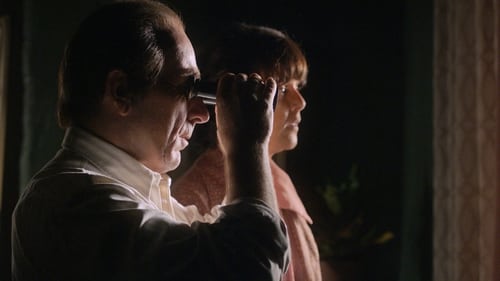
A small village in Huelva, Andalusia, Spain, 1936. Higinio and Rosa have been married only for a few months when the Civil War breaks out. Higinio, being afraid of possible reprisals from the rebel faction, decides to use a hole dug in his own house as a temporary hideout.

Galicia, northern Spain, January 2, 1921. The steamship Santa Isabel, sailing towards Argentina with more than two hundred emigrants on board, sinks off the coast of Sálvora Island. Three island women, María, Josefa and Cipriana, who have bravely set sail aboard a fragile skiff to save the shipwrecked, are treated as heroes by the cynical authorities; but León, an inquisitive and tenacious Argentinean journalist, starts asking uncomfortable questions.

A Democratic political consultant helps a retired Marine colonel run for mayor in a small, conservative Wisconsin town.

Mario, an exemplary man, lives in a village on the Galician coast. In the old people’s home, where he works as a nurse, everyone appreciates him. When the best known narco in the area, Antonio Padín, recently released from prison, enters the residence, Mario tries to make Antonio feel at home. Now, Padín's two sons, Kike and Toño, are in charge of the family business. The failure of an operation will put Kike in jail and cause them to owe a large debt to a Colombian supplier. Toño will turn to the nurse to try to convince his father to assume the debt. But Mario has his own plans.

He has everything that the destiny wanted and that he has been able to expand: fertile lands as far as the eye can see, cattle, exceptional wines and cigars matured in the long voyages of the boats coming directly from the Caribbean, more precisely from Cuba. He enjoys all this in his rich rural house, with his wife and two children, whom he very much likes, but which sometimes interrupt him to enjoy these pleasures. The disenchantment of the passionate routine always reminds him of the fabled memories of a moment in the past when, unexpectedly, he discovered in a handmaiden the surprising elevation of passion. Until the harlot appears to her at the Estate, untouched by the past fifteen years, purer than before and, even in her eyes, rejuvenated. But married, to a dangerous man.

The discovery of the tomb of William Tell’s son in a town in the Basque Country spurs the village's cantankerous citizens to lobby for Swiss annexation.

The Sea Inside is about Spaniard Ramón Sampedro, who fought a 30-year campaign to win the right to end his life with dignity. It is the story of Ramón’s relationships with two women: Julia a lawyer who supports his cause, and Rosa, a local woman who wants to convince him that life is worth living.
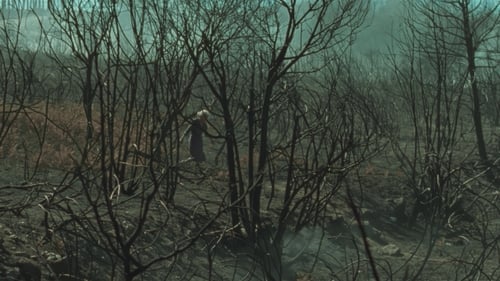
When Amador Coro gets out of prison for having provoked a fire, nobody is waiting for him. He returns to his home town, a small village hidden in the mountains of rural Galicia, to live with his elder mother, Benedicta, and three cows. Life goes on calmly, following the rhythm of the nature. Until the night when a fire devastates the region.
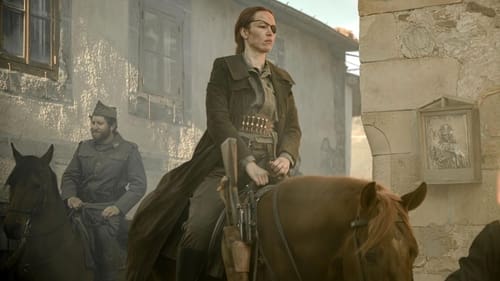
Northern Spain, October 1944. Several groups of guerrilla fighters, former Republican soldiers exiled in France after the end of the Spanish Civil War, infiltrate the country in order to provoke a popular uprising against General Franco's dictatorship.

Living in a crowded, multi-generational household in a small village in Kosovo, the quiet teenager Venera can rarely find privacy. However, when she befriends the rebellious Dorina, a new, liberating world opens up to her. Slowly, Venera begins to push against her conservative family’s expectations.

A poetic journey through the paths and places of old Castile that were traveled and visited by the melancholic knight Don Quixote of La Mancha and his judicious squire Sancho Panza, the immortal characters of Miguel de Cervantes, which offers a candid depiction of rural life in Spain in the early 1930s and illustrates the first sentence of the first article of the Spanish Constitution of 1931, which proclaims that Spain is a democratic republic of workers of all kind.

In 1864, the Spanish poet Gustavo Adolfo Bécquer (1836-70), suffering from health problems, retires to the monastery of Veruela. Far from the noise and worldly activity of the capital, he immerses himself in the landscape of the mysterious Moncayo mountain. There, he discovers a new world full of legends that converge in a small village located at the foot of the mountain: Trasmoz, the Village of the Witches, the only officially cursed village in Spain.

“Behind time, time comes” interlaced with folk songs, narrates the rhythms of rural life, where time and its weight, shape and define the landscape, as well as the lives that compose it. Accompanying the reminiscences of a group of women from the parish of Dornelas, Sever do Vouga, Portugal.
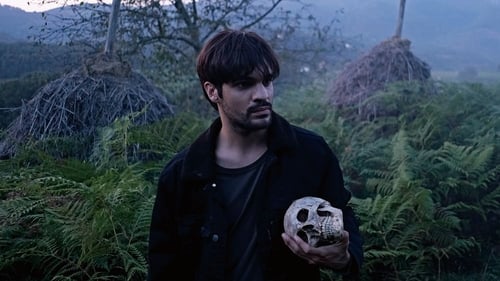
Human bones are found at the Garizmendi farmhouse. Farmers Fermin and Karmen call their son Nestor, who reports the matter to the authorities. But, when the agents turn up, the bones are gone. Suddenly, the bell on the nearby chapel begins to peal. This bad omen announces the coming of tragic events and reopens old wounds within the family and those around it.
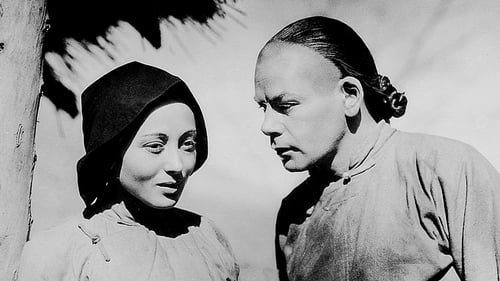
China, during the rule of the Qing Dynasty. The arranged marriage between Wang Lung, a humble farmer, and O-Lan, a domestic slave, will endure the many hardships of life over the years; but the temptations of a fragile prosperity will endanger their love and the survival of their entire family.
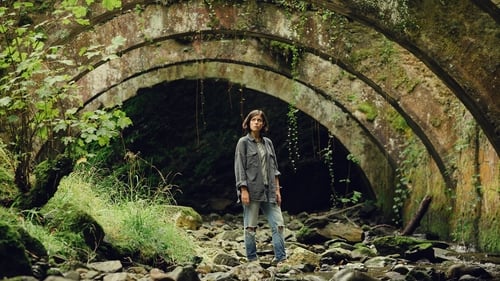
Navarra, Spain. Alba has just turned thirty and is about to enjoy a weekend with her boyfriend and her friends in an isolated country house, but soon she will notice that this particular weekend is not at all like any other that she has lived before.
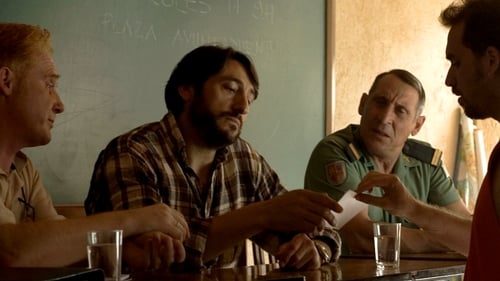
Two speleologists, Esteban and Pedro, travel to a mountainous area located in northern Spain, near a small village, to study a newly discovered cave and determine if it is of scientific interest, while Gabi, Esteban's wife, awaits their return on a lonely road at the foot of the mountain.

After spending three years in captivity in Tunis, Bartolomé returns home Extremadura with the only hope to eat his favorite dish: the pork. Along the way he meets a deserter who is traveling with a sow.

An unnamed passer-by is forced to trace a circular route inside an abandoned tram station, facing loss and time. The broken walls act as a channel, transmitting fragmentary, blurred and analogical memories.




















